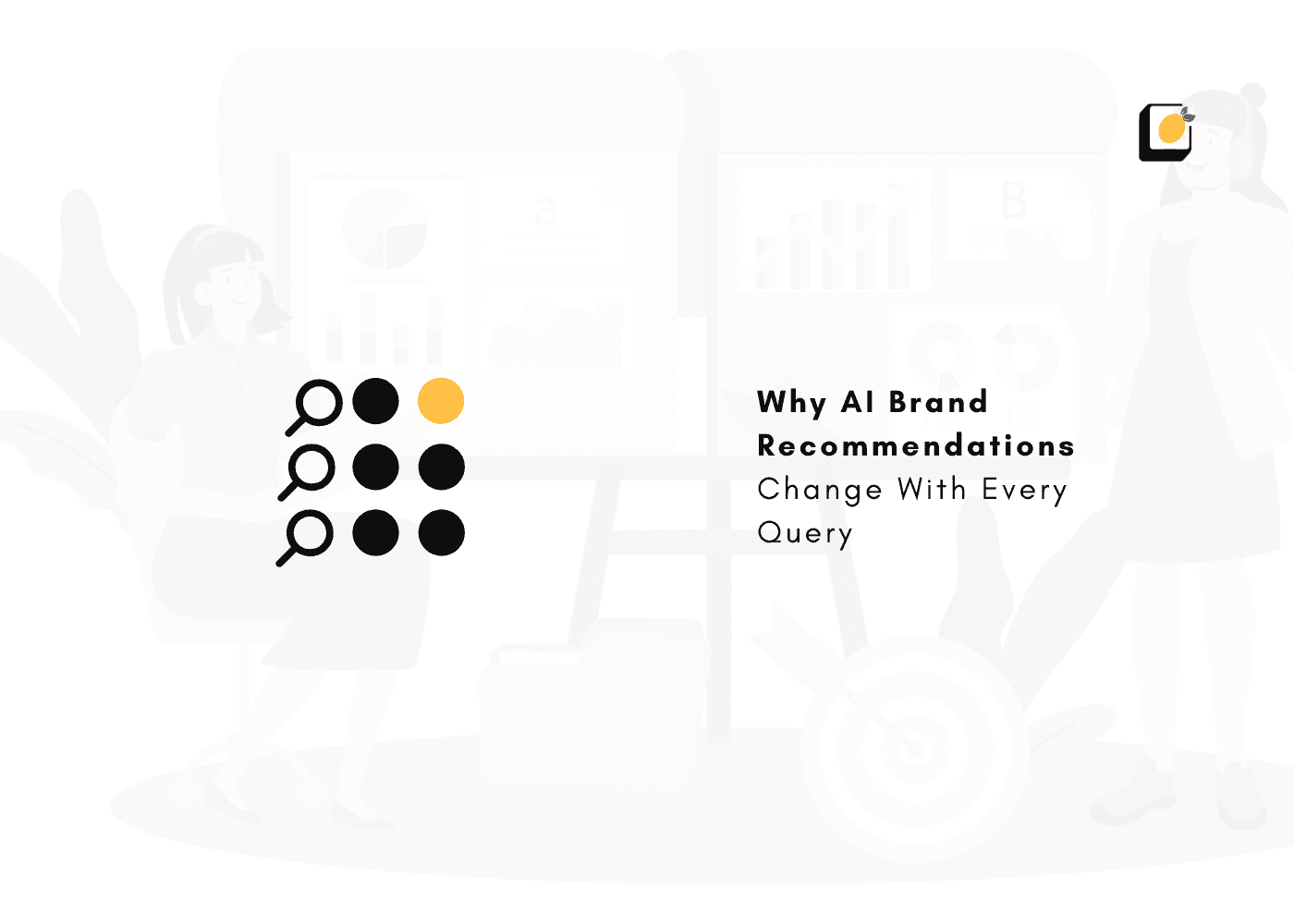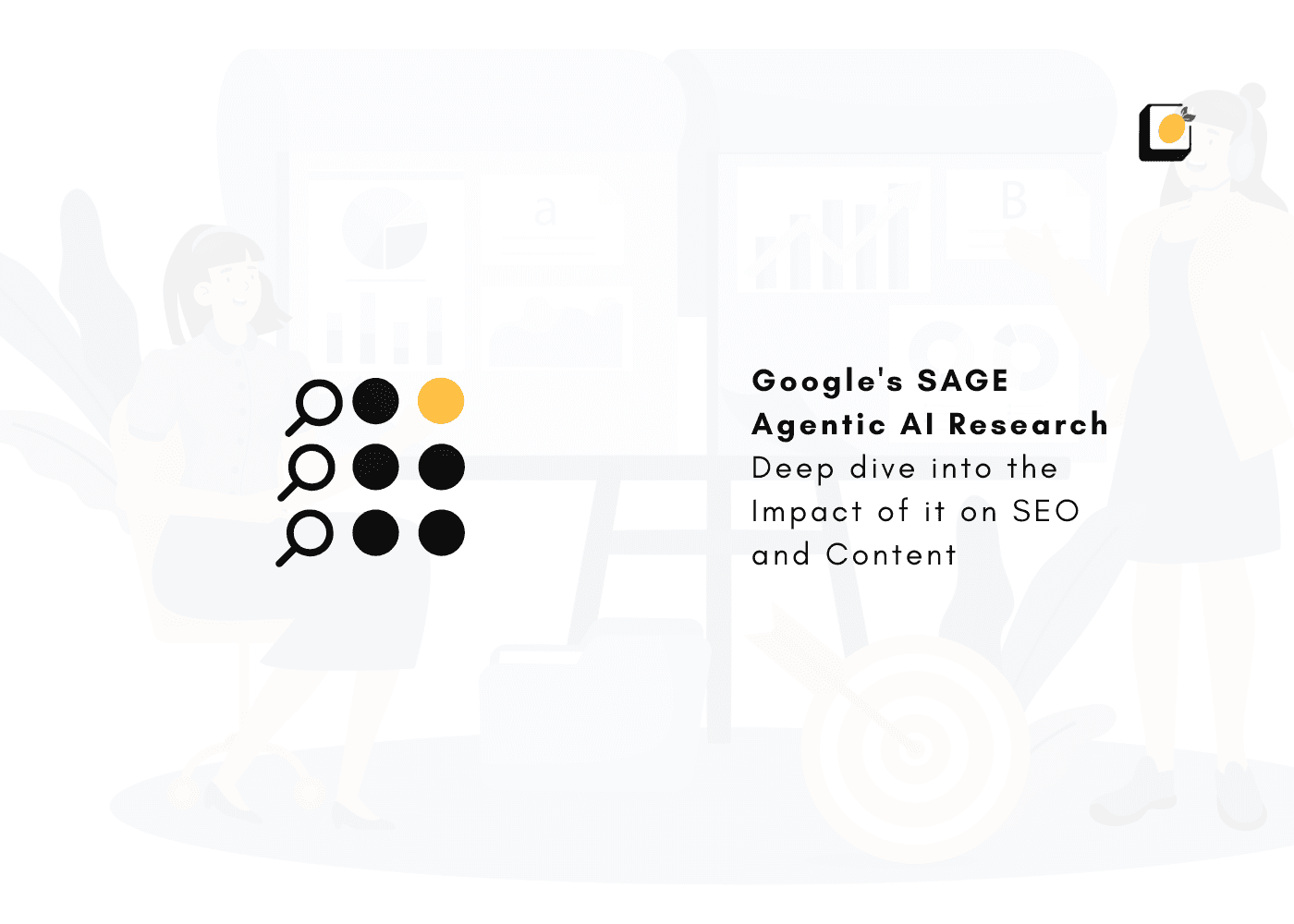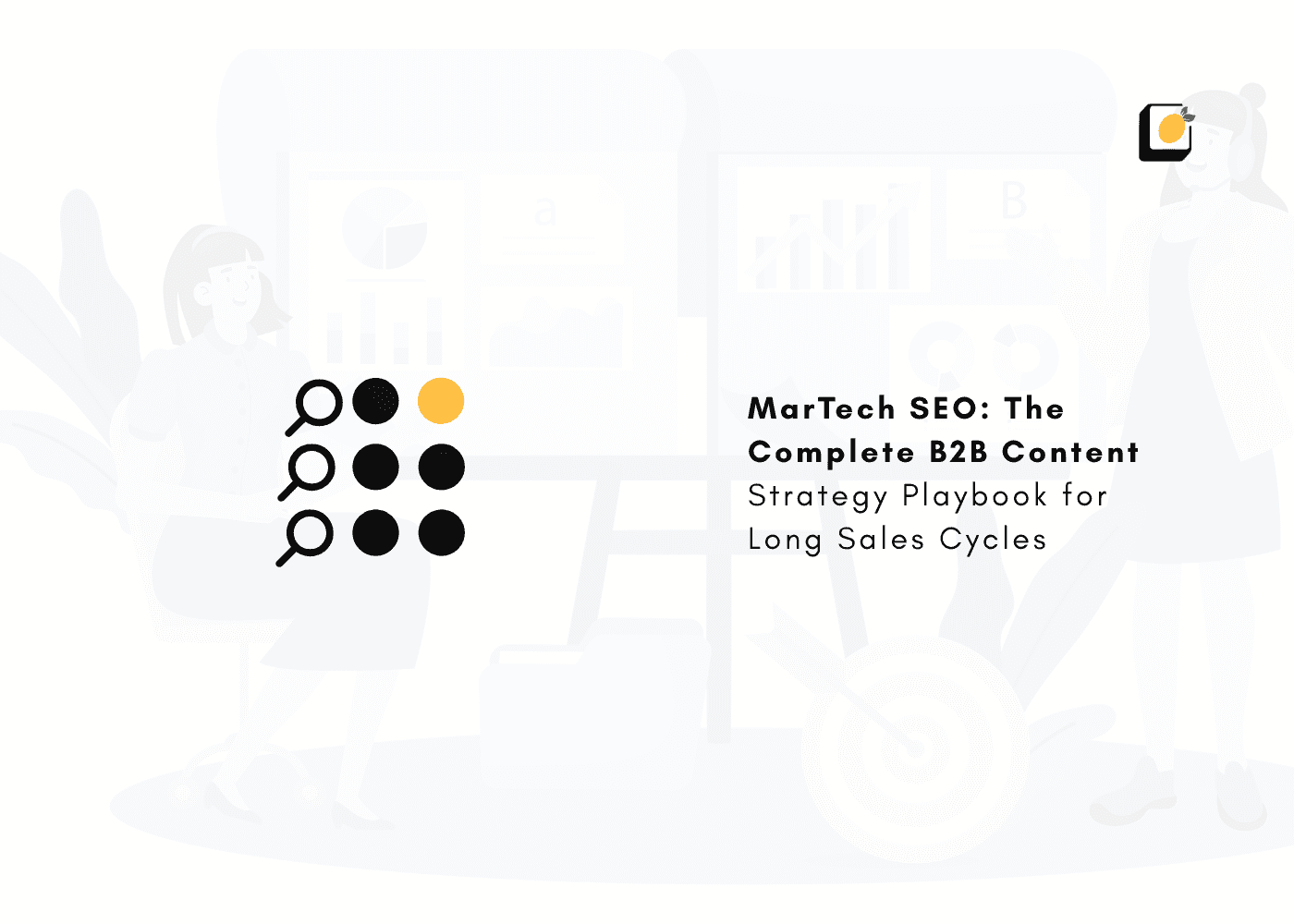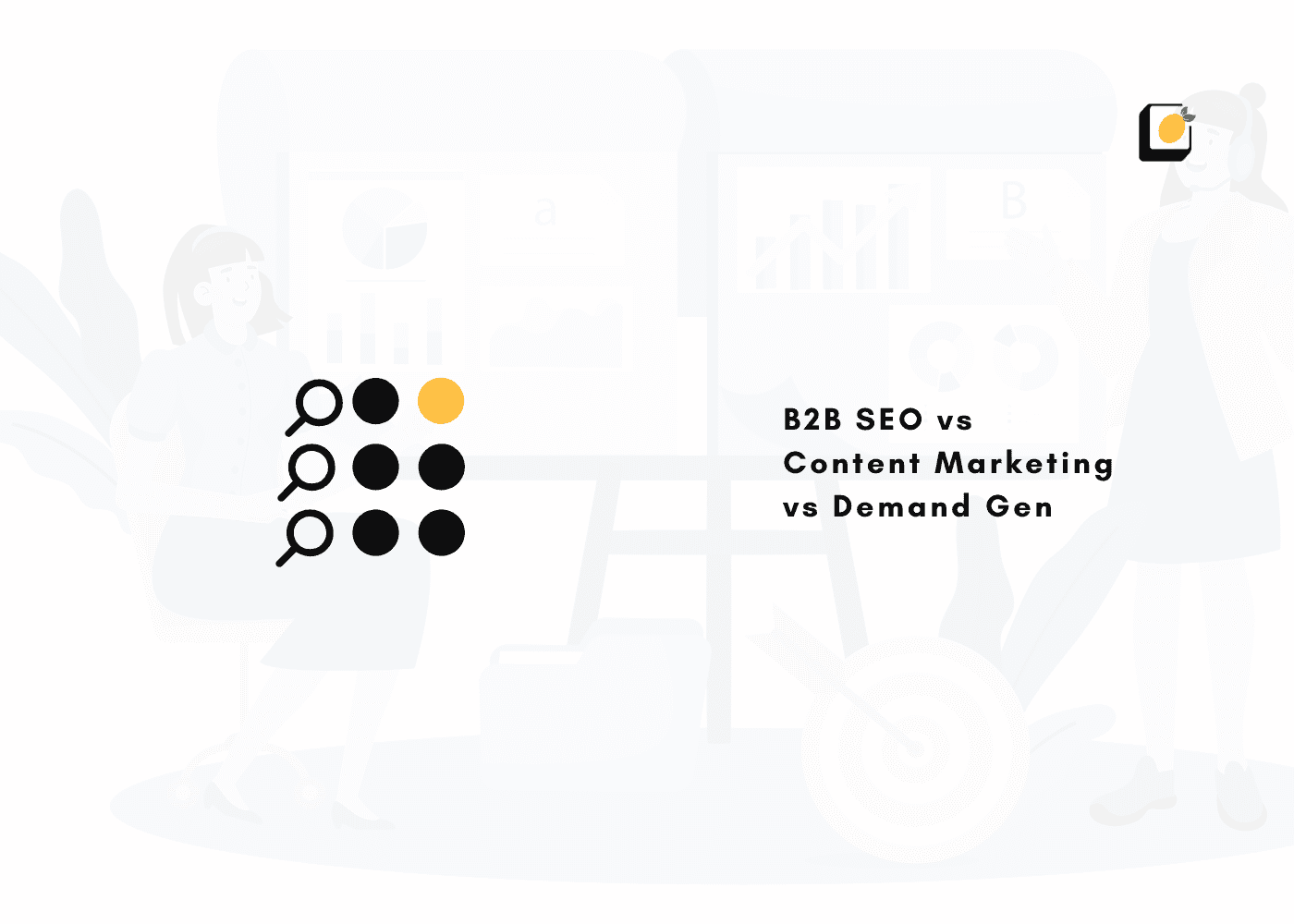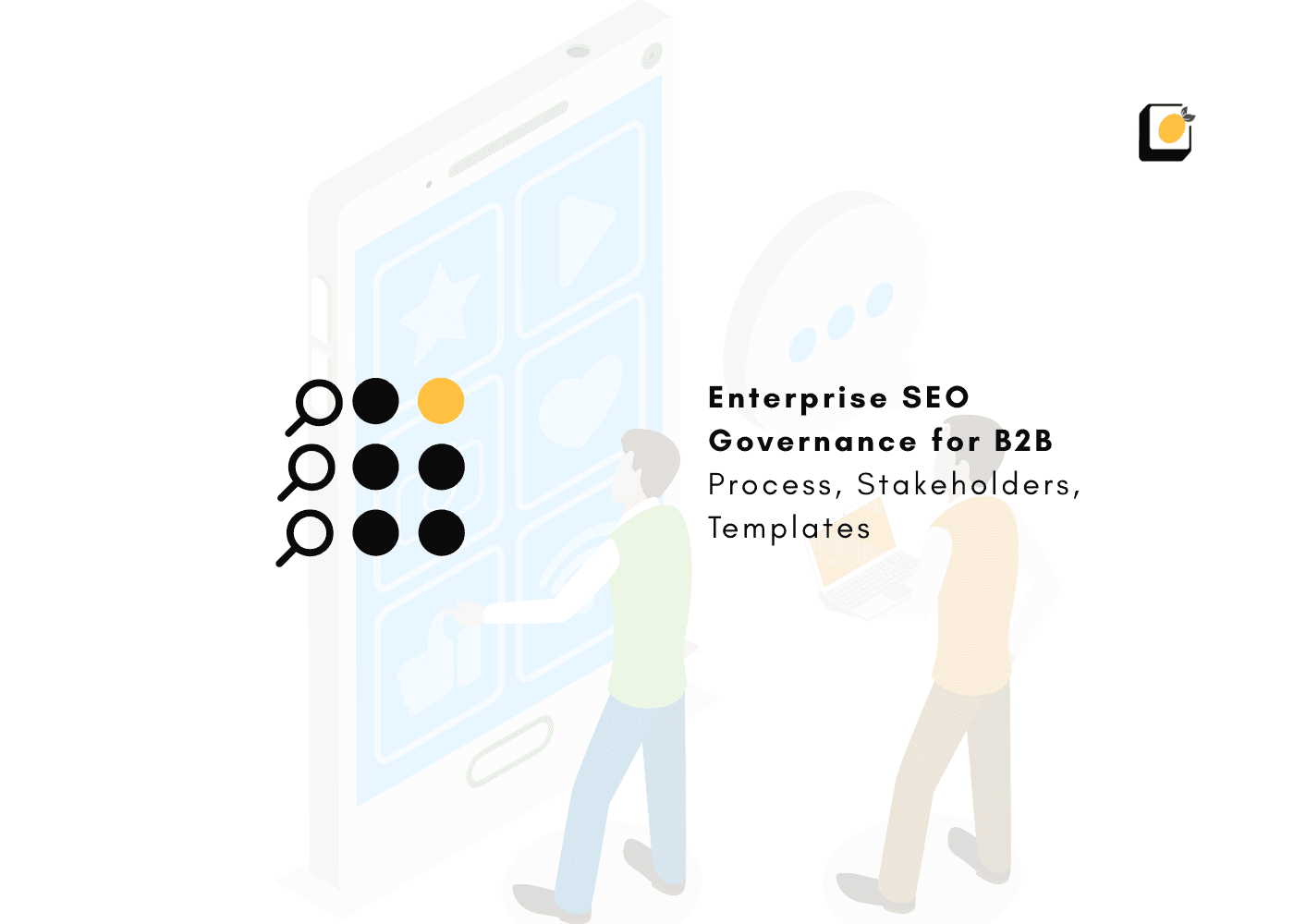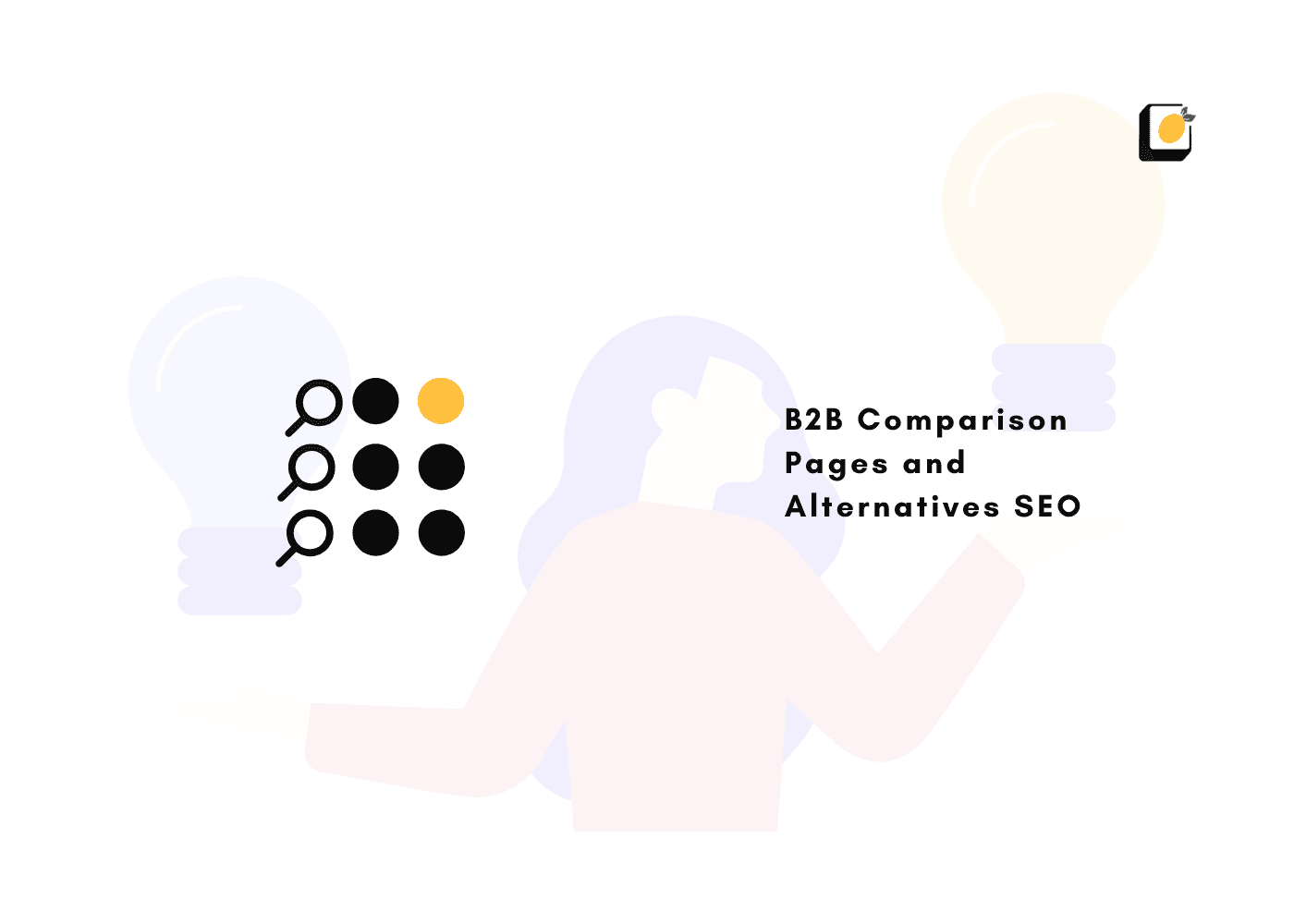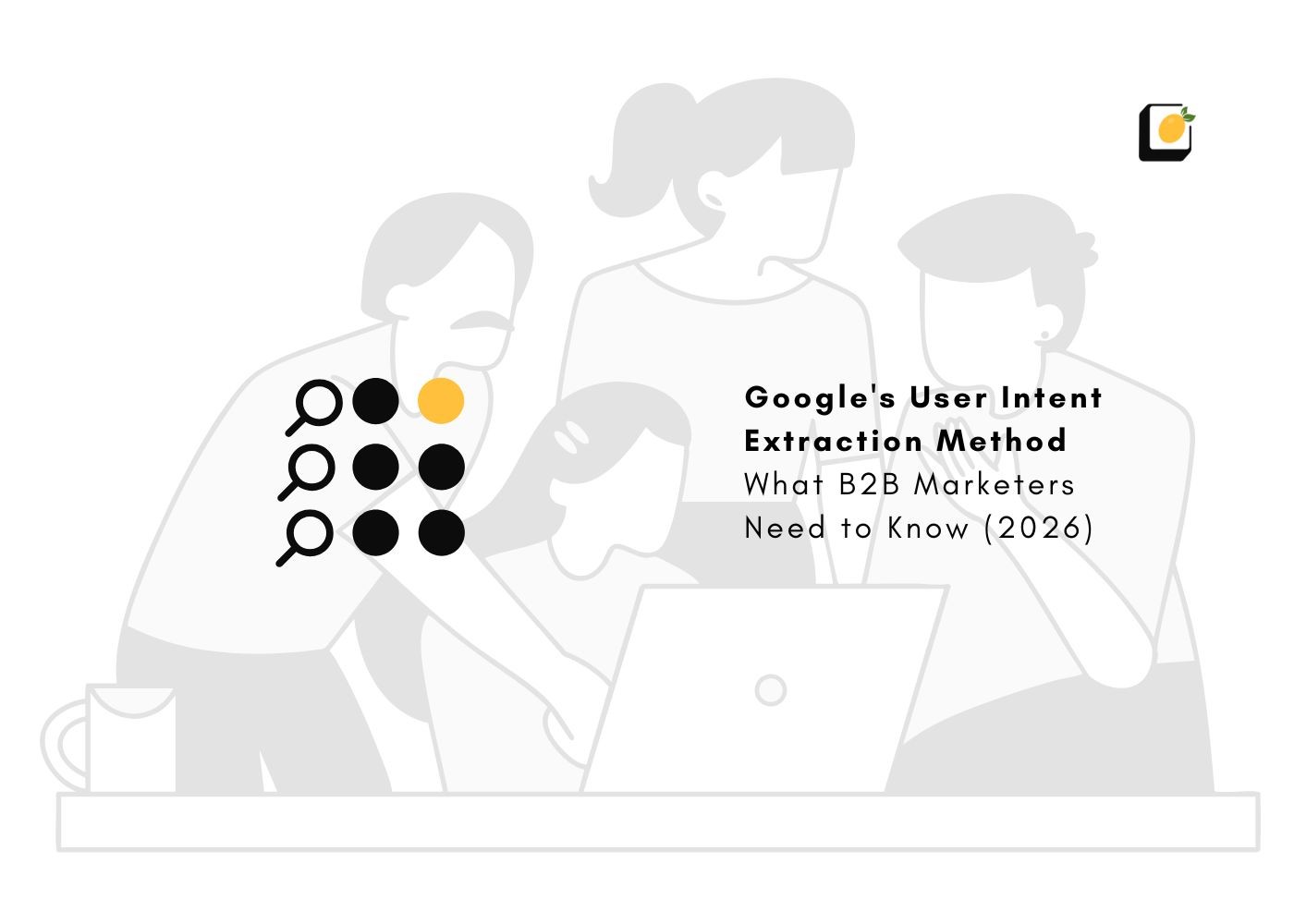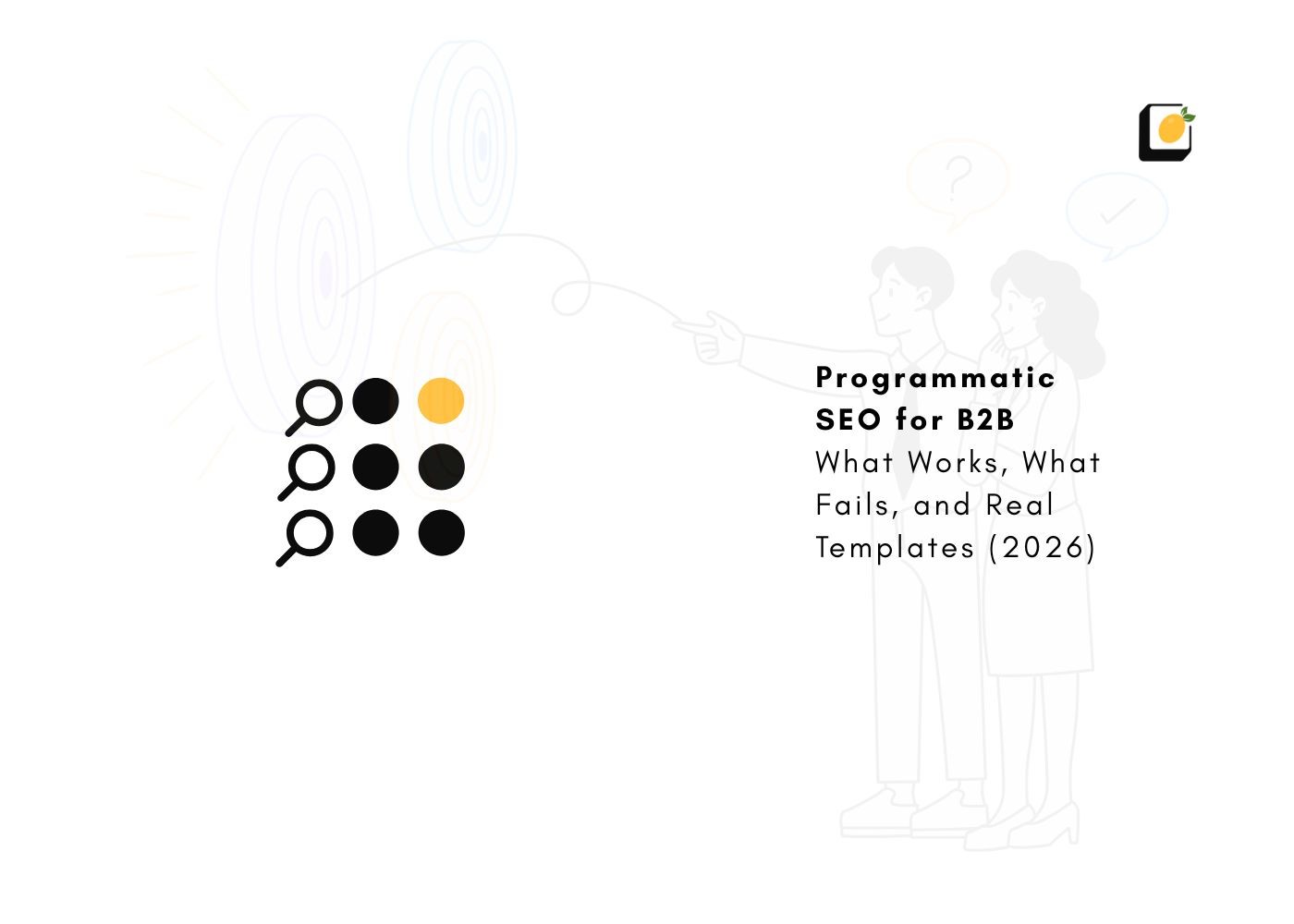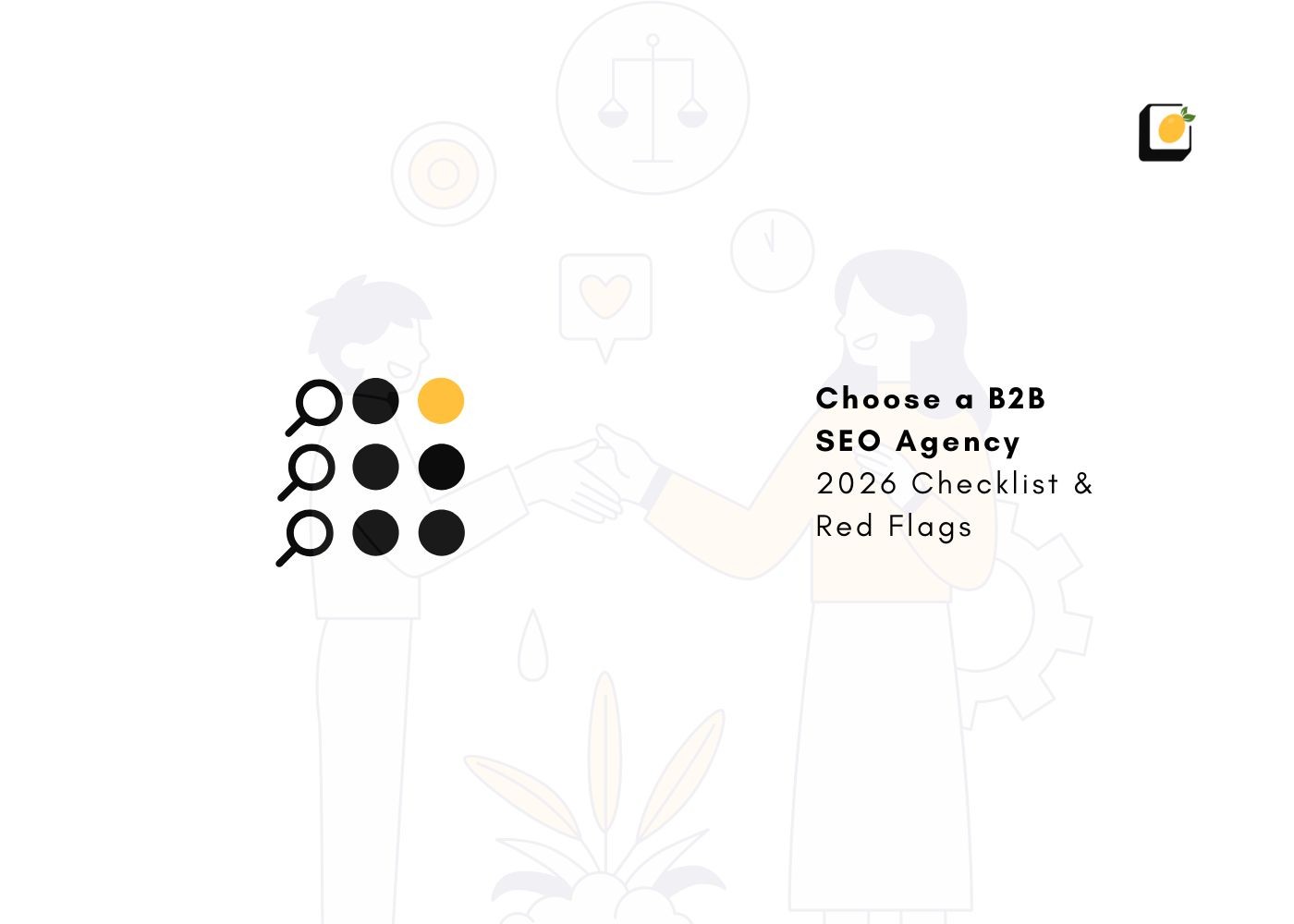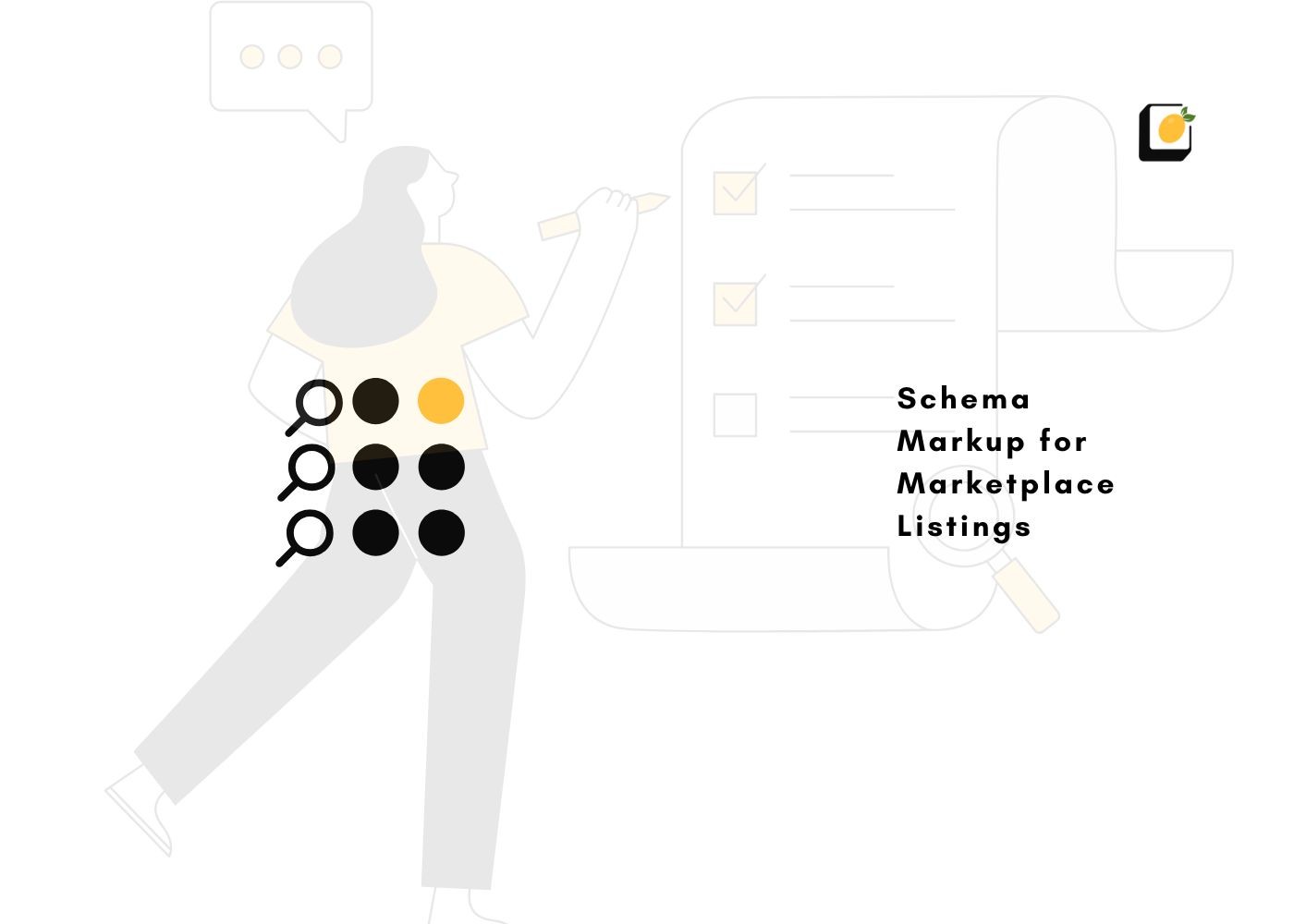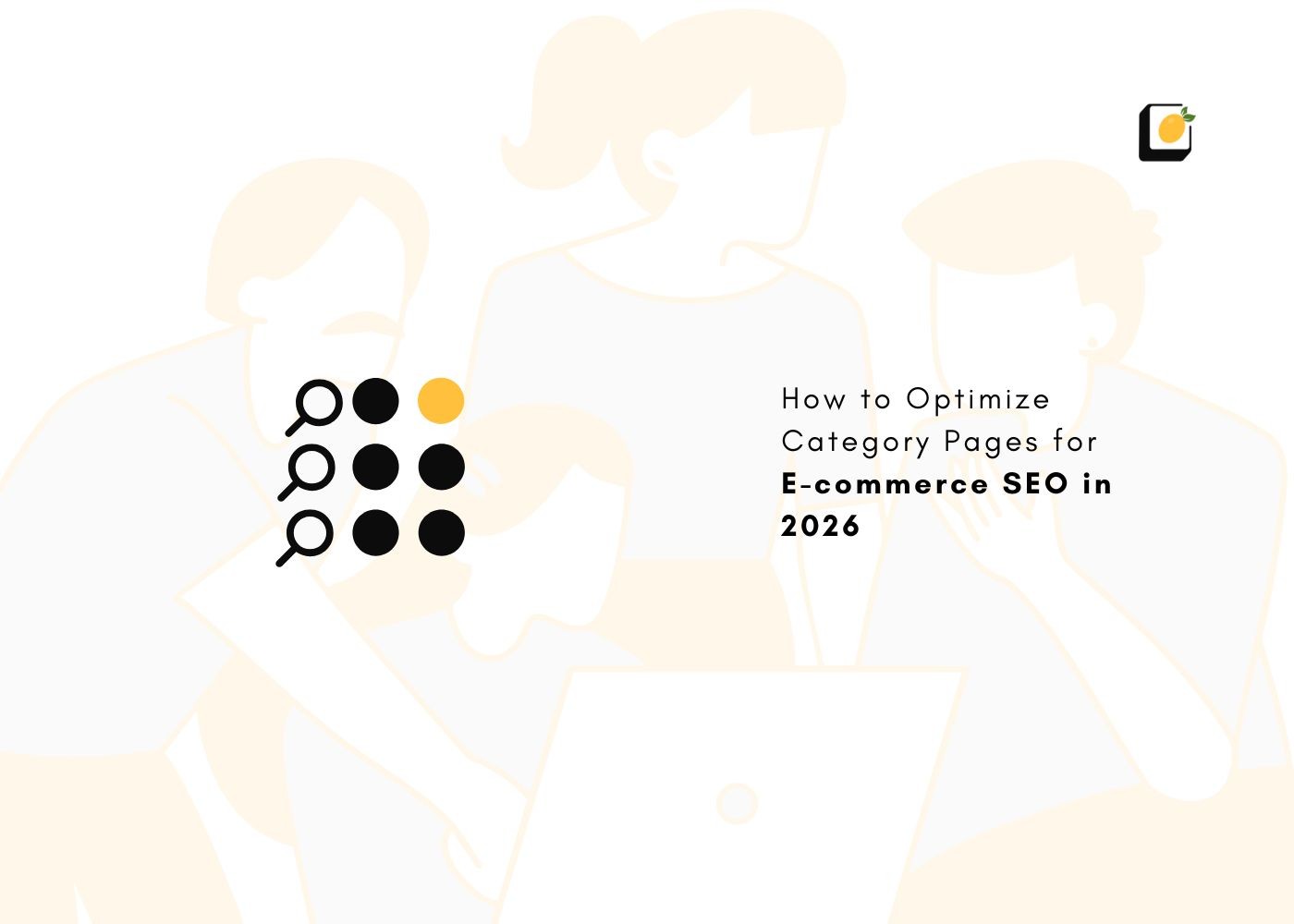Beyond Mention Counts: Page & Prompt-Level Competitive Benchmarking for GEO Wins
September 30, 2025
Join 500+ brands growing with Passionfruit!
TL;DR
Traditional mention counts are losing power. What matters now is which pages and which prompts competitors are dominating in AI & GEO responses.
Page-level metrics show where your competitors are being cited and why certain content wins.
Prompt-level benchmarking reveals which questions or AI queries bring competitor content to the surface.
Combining both gives you a framework to spot gaps quickly, optimize content, and gain visibility in AI-driven search.
Use tools + workflows to track page & prompt performance, then shape content accordingly.
Why Mention Counts Are Not Enough
Understanding the Limits of Raw Mentions
“Mentions” (how many times your brand or content is named) can be misleading. A mention buried in a long AI answer or low-visibility prompt often has negligible impact.
Key problems with raw mention counts:
They ignore placement (top vs bottom).
They ignore context (positive, neutral, or negative).
They ignore visibility in AI search or GEO (Generative Engine Optimization).
The Shift Toward Contextual Citations
What matters now is: where does your competitor show up in AI Overviews? Which prompts trigger their content? Are they being cited by trusted sources or low-quality aggregators?
This reminds of what Passionfruit discusses in their post What is AI Search and How It’s Reshaping SEO search engines (and AI engines) favor contextual relevance, user intent alignment, and authority, not just count of mentions.
What Is Page-Level Benchmarking?
Key Metrics to Track at Page Level
To benchmark at the page level, focus on metrics like:
Which URLs (pages) of your competitors are cited most often in AI Overviews or AI snippets.
How deep those pages are in your competitors’ sites (blog post vs product page vs resource vs FAQ).
Page content type: is it a guide, comparison, listicle, research piece? Certain types tend to perform better.
The topical breadth: how many topics / clusters does that page cover.
How to Analyze Competitor Page Performance
Step-by-step:
Collect competitor URLs that are being cited or surfaced for GEO-relevant queries.
Analyze their content structure: headings, answer-first style, FAQ sections, schema.
Measure their traffic or estimated authority (domain ratings, backlinks).
Compare with your version: is your content weaker, less comprehensive, missing schema?
For example, Passionfruit’s Top-10 Generative Engine Optimization Tips shows content that performs well in AI Overviews often leads with a strong summary, is well-structured, uses schema, and covers multiple related sub-topics.
What Is Prompt-Level Benchmarking?
Defining Prompt-Level Metrics
Prompts are the actual questions or user inputs fed to AI engines or search engines. Examples: “What is the best ecommerce schema for product pages?” or “How to optimize for local SEO in 2025.”
Prompt-level benchmarking tracks:
Which prompts are triggering competitor content.
How often (frequency) and in what context (AI Overviews, voice search, chat bots).
Whether your content or competitor content is being surfaced first.
Evaluating Prompt Success vs Rivals
To see how you’re doing versus rivals:
Identify a set of GEO-relevant prompts you want to rank for.
Use tools or searches to see which competitor content is shown in answers.
Check how well their content matches the prompt (does it answer fully, with examples, schema, etc.).
Check your own content with the same prompts: can users / AI engines pull up your content as a credible answer?
When you see competitor content winning for prompts you want, that’s your gap to close.
How to Combine Page & Prompt Insights for Strategy
Structuring a Benchmarking Framework
Here’s a simple framework to bring page-level and prompt-level data together:
Step | What you do | Why it matters |
Define prompt set | List GEO-relevant queries your audience uses | Targets where you want visibility |
Identify competitor pages | Find top pages from competitors for those prompts | See what content types and formats win |
Audit content attributes | Structure, depth, schema, FAQ, media, authoritativeness | Helps in replication and improvement |
Score your pages/prompts | Rate yourself vs competitor on each dimension | Identifies strengths and weaknesses |
Plan content & optimization | Write, update or add pages/prompts with priority | Focus effort where ROI likely highest |
What Successful Brands Are Doing Differently
Writing answer-first content to match AI snippet style.
Using schema / FAQ blocks so AI engines see complete answers.
Regularly updating content to keep prompts relevant (trend shifts, new data).
Tracking prompt performance in AI engines like Perplexity, Gemini, ChatGPT (if possible) and leveraging those insights for GEO visibility.
Passionfruit explores this kind of approach in Generative Engine Optimization Guide
Tools & Best Practices You Should Use
Tools that Help with Page & Prompt Benchmarking
Here are some tools / capabilities to look for:
SERP / AI snippet analyzer: shows which pages get cited for which prompts.
Content gap tools: compare your content to competitor content (topics, keywords, FAQ).
Search console / AI search analytics: to see what prompts or queries you already get impressions for.
Alerts / monitoring for new competitor content matching your priority prompts.
Best Practices for Clear, Actionable Insights
Prioritize a small set of prompts (top 5-10) so you don’t spread too thin.
Use clarity in content: headings, summary, schema to ensure AI engines can parse your answers.
Write for the user first, but format for AI: short paragraphs, bullet points, FAQs.
Update content periodically as you see new competitor pages showing up.
Conclusion: Gaining GEO Wins via Detailed Benchmarking
Mention counts served a purpose in earlier SEO eras, but page- and prompt-level benchmarking offer deeper, actionable insights. When you know which pages are winning and which prompts bring them into view, you can adapt rapidly, fill content gaps, and win GEO visibility.
If you want to move from generic monitoring to strategy that directly improves your AI search presence and competitive positioning, this framework is the path.
Want help building your benchmarking & content roadmap? Start with Passionfruit so your content wins where it counts.
FAQs
What is competitive benchmarking in GEO?
It means tracking not just how often your brand is mentioned, but which competitor pages are cited, by which prompts, in AI Overviews and search query responses.
Why are prompt-level metrics important?
Because AI engines often show content based on what users ask, not just what keywords are present. If you aren’t showing up for the prompts your audience uses, you’re missing visibility.
How often should I audit prompts and pages?
Ideally quarterly, because competitor content and AI behavior shift fast. And always when major algorithm or AI engine updates happen.
What content types tend to win for GEO prompt/page benchmarking?
Guides, comparisons, FAQs, content with clear answer-first structure, schema, authoritative sources, updated info tend to win.
Can small businesses compete with this level of benchmarking?
Yes. Even small teams can pick a narrow set of priority prompts, track a few competitor pages, and optimize smartly. It’s about focus, not scale.


